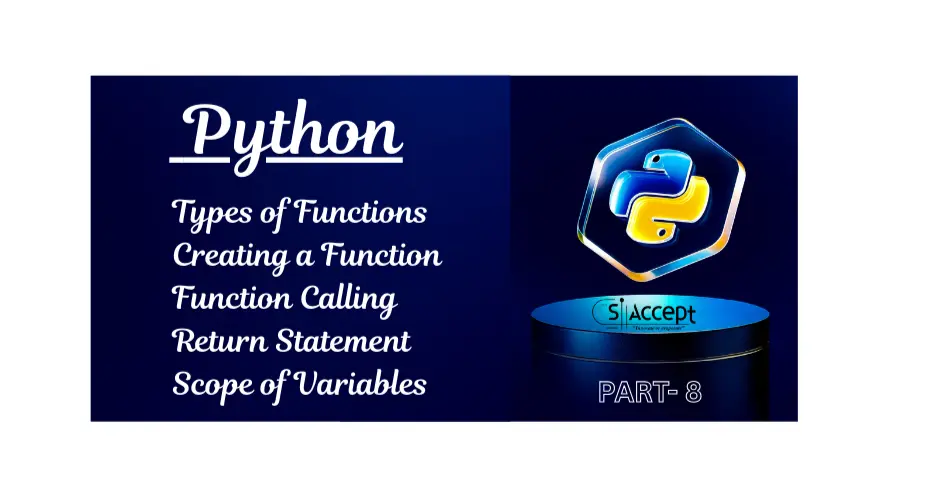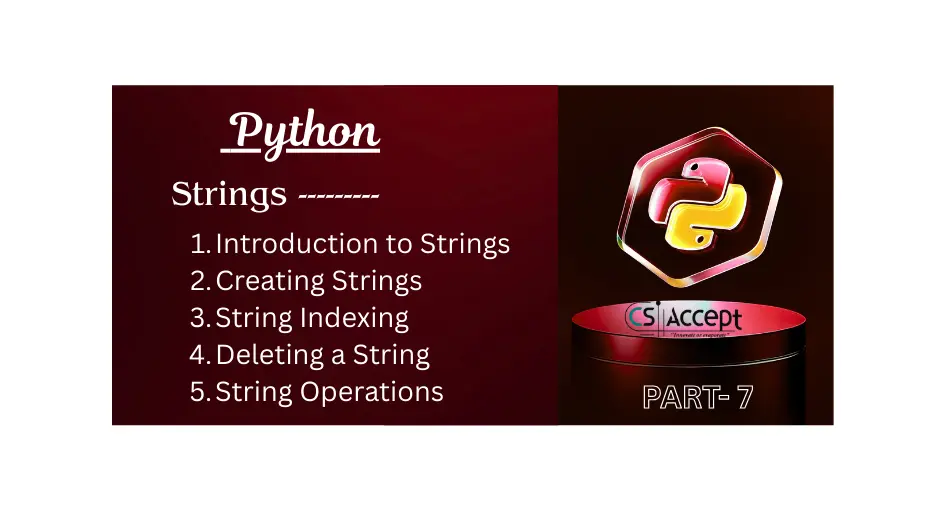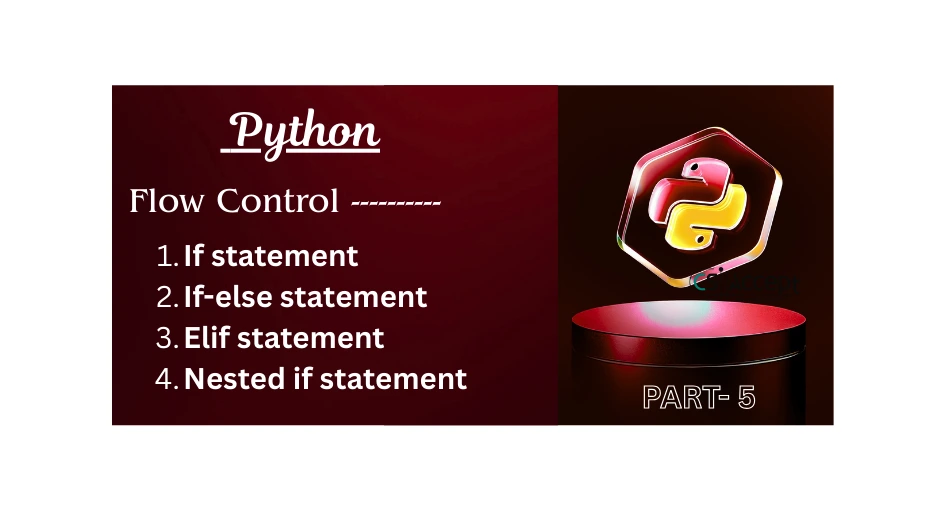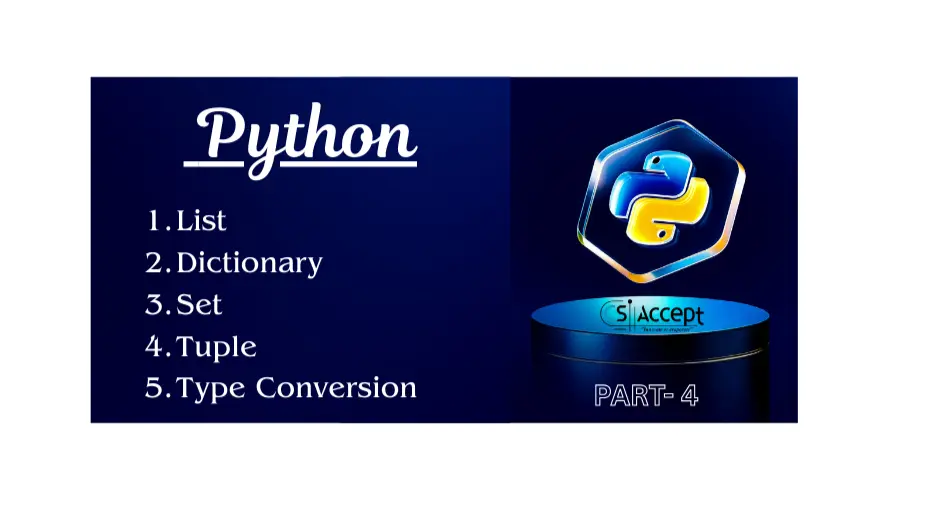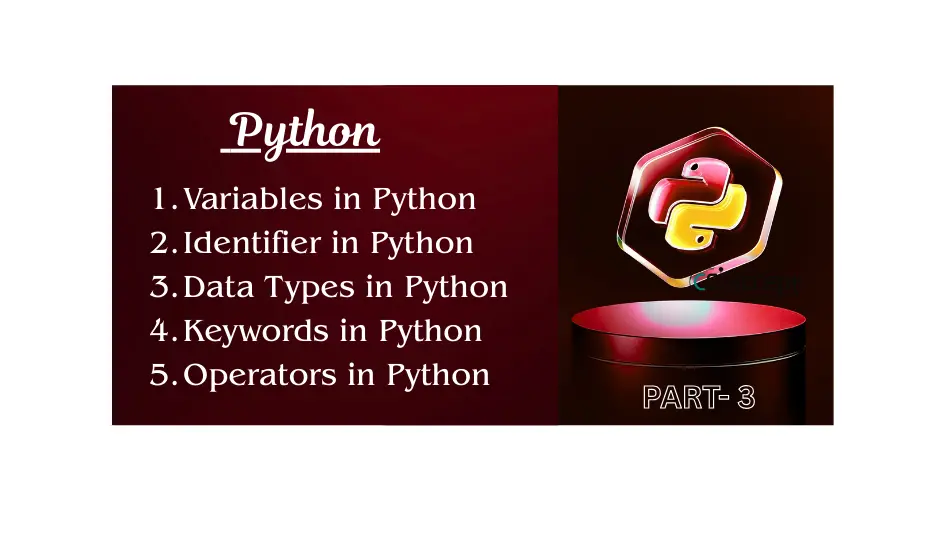
🔹 What is a Function in C?
A function is a block of code that performs a specific task. In C, functions help to:
- Break down complex programs into smaller, manageable parts.
- Reuse code by calling the same function multiple times.
- Improve readability and maintainability.
🔹 Types of Functions in C
- Library Functions
- Built-in functions provided by C (e.g.,
printf(),scanf(),sqrt()) - Defined in header files like
stdio.h,math.h, etc.
- User-defined Functions
- Created by the programmer to perform specific tasks.
🔹 Syntax of a User-defined Function
return_type function_name(parameter_list) {
// body of the function
}Example:
int add(int a, int b) {
return a + b;
}🔹 Components of a Function
| Component | Description |
|---|---|
| Return type | Type of value returned (e.g., int, void) |
| Function name | Identifier name of the function |
| Parameters | Input values (optional) |
| Function body | Code block performing specific operations |
| Return statement | Sends result back to caller (optional) |
🔹 Function Declaration / Prototype
Before using a function, you must declare it (unless defined before the main function).
int add(int, int); // Function prototype🔹 Function Call
To execute a function, you need to call it using its name and pass arguments:
int result = add(5, 3);🔹 Complete Example
Let’s see a complete C program using a user-defined function:
#include <stdio.h>
// Function declaration
int add(int, int);
// Main function
int main() {
int x = 10, y = 20, sum;
sum = add(x, y); // Function call
printf("Sum = %d\n", sum);
return 0;
}
// Function definition
int add(int a, int b) {
return a + b;
}💡 Output:
Sum = 30🔹 Categories of Functions Based on Arguments and Return Value
| Type | Description & Example |
|---|---|
| 1. No arguments, no return value | void greet(); |
| 2. Arguments, no return value | void display(int); |
| 3. No arguments, return value | int getValue(); |
| 4. Arguments and return value | int multiply(int, int); |
🔹 Example: No Arguments, No Return Value
#include <stdio.h>
void greet() {
printf("Hello! Welcome to C programming.\n");
}
int main() {
greet();
return 0;
}🔹 Why Use Functions?
- Modularity – Breaks large programs into smaller chunks.
- Reusability – Same function can be used multiple times.
- Easier testing – Each function can be tested independently.
- Better organization – Code is cleaner and more readable.
If you want, I can also explain recursive functions, inline functions, or help you write functions for specific tasks like factorial, prime check, file handling, etc.



